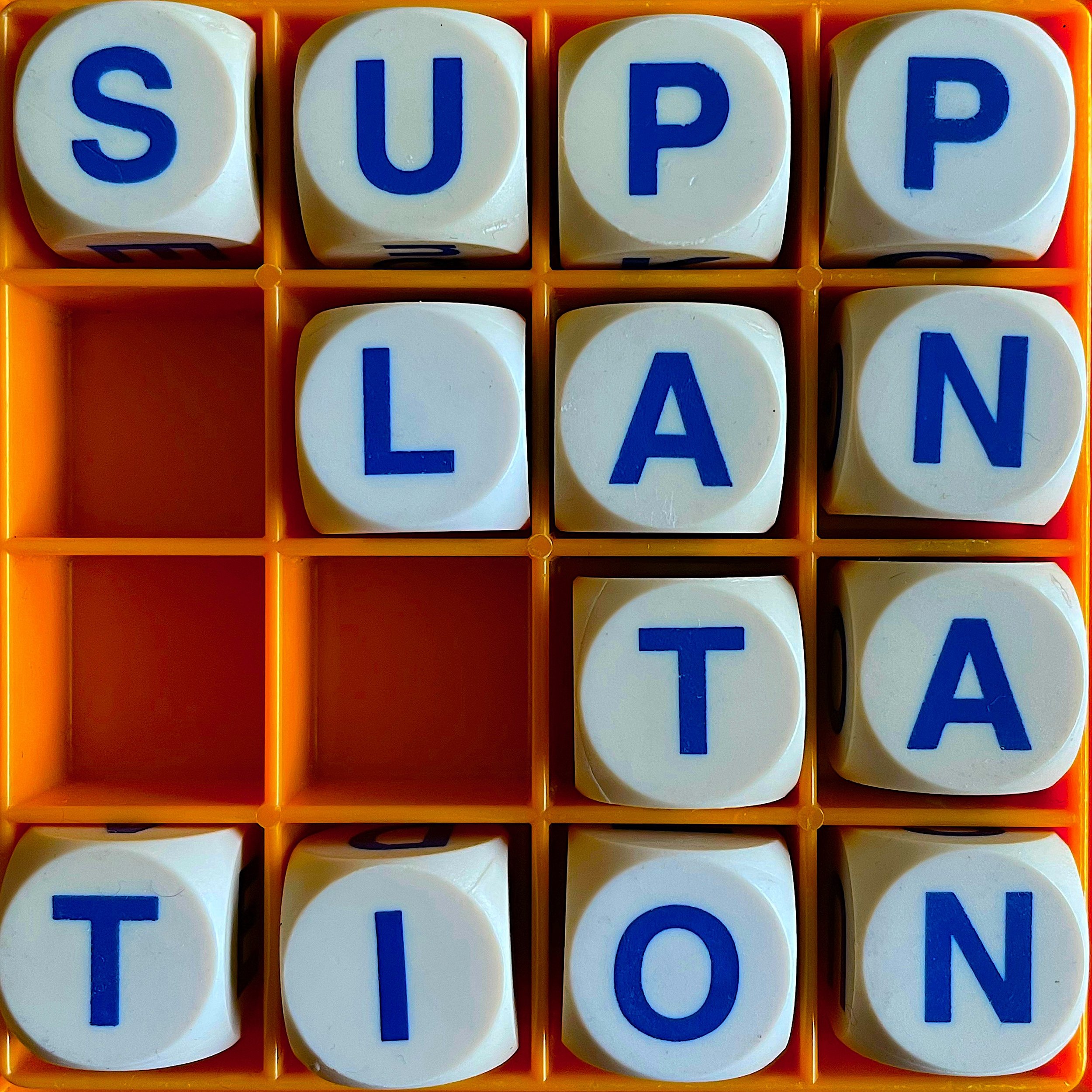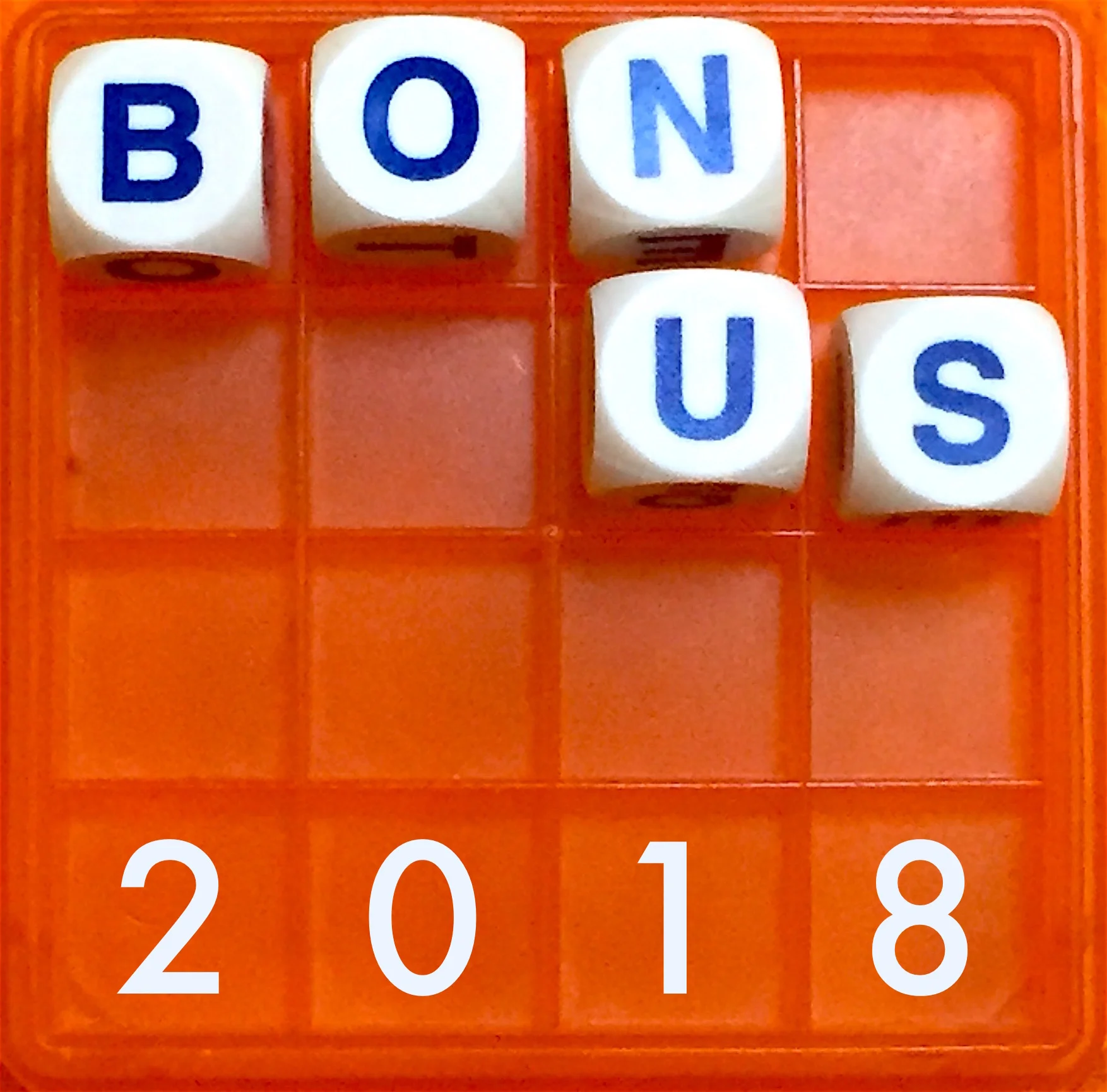HZ: What would make you happier: if nobody solves it or if lots of people solve it?
JOHN FINNEMORE: Oh, lots of people, without question. I hope it's not trivial, but any puzzle has failed if nobody solves it.
Read moreYour Custom Text Here

HZ: What would make you happier: if nobody solves it or if lots of people solve it?
JOHN FINNEMORE: Oh, lots of people, without question. I hope it's not trivial, but any puzzle has failed if nobody solves it.
Read more
It is the annual Bonus episode - because the people who appear on this show always say so much good stuff, it doesn’t all fit into their original episodes, so at the end of each year we get to enjoy all the extra bounty. Coming up, we’ve got a mythical disappearing island, geese, human dictionaries, the dubious history of the Body Mass Index, a Eurovision thing that has puzzled me for years, Victorian death department stores, and much more.
Read more
HZ: How do you feel when you have to tell someone your address?
LYLA WHEELER: I feel uncomfortable, like, why am I writing this? Why am I talking about this?
KRISTIN DALEY: I feel the same way. I'm mortified.

SUBHADRA DAS: A guy from the UCL estates team, screwdriver, took the plaque off the wall.
HZ: That's it?
SUBHADRA DAS: That's how you dename a building. It's not difficult.

HZ: In 1982, Princess Anne, the second child of the Queen of England, Olympic Equestrian, is competing at the Badminton Horse Trials.
PAUL BAKER: She's jumping over all these obstacles and oops, she slips and falls in the water off an obstacle. And all of the photographers rush forward to take a photograph, and she tells them to "naff off". Or "naff orf".
HZ: She's not allowed to drop an F-bomb really, she's a royal.
PAUL BAKER: No, but 'naff' was a Polari word.
HZ: Polari. Just a couple of decades before, it would have been unthinkable that someone like Princess Anne would have used a Polari word, or that she would even have known one.
Read more
Today’s episode is the annual bonus Allusionist, featuring outtakes from some of this year’s guests saying things that were not necessarily related to the topic of the original episode, or even related to language at all, but I thought, “Hmm! Interesting!” and filed them away until THIS MOMENT.
This is not a typical episode of the Allusionist, so if this is your first time here, welcome! And do try a few different episodes of the show to get a picture. This year there have been episodes about your names, and superhero names; about how swearing can be good for your health, and so can novels; about tattoos, and typing champions; about how the drive to survive sent the Welsh language across an ocean, and the Scots language to hide at home; and many more. Thanks so much for spending time with me over 2018.
Read more
GREG JENNER: ‘Dickensian’ is quite a tricky word, actually. I think we don’t always necessarily know what we mean when we say it. As a word it conjures up poverty, perhaps; a sense of squalor; a sense of people trapped in this brutal society where there is no safety net, no fall-back plan; where children and women can suddenly be cast into a life of poverty or crime or violence. But 'Dickensian' also should summon up some of the beautiful things as well, some of the wonderful things he harnesses. When we look at A Christmas Carol, the way he depicts the street scenes, singing to each other, the sense of community, the shop windows filled to the brim with delicious goods and treats to eat on Christmas day and toys, this is also a bountiful visual iconography. Dickens conjured up both quite alarming and also quite enrapturing, entrancing visions of what a city and a community could be. So 'Dickensian' tends to be quite negative, but it should apply to all the different worlds that Dickens created, and some of those were rather pleasant and lovely, and some of those were rather cruel and dark.
KATIE MINGLE: What's the deal with Christmas?
AVERY TRUFELMAN: Dickens?
KATIE MINGLE: Yeah.
HZ: Yeah! A lot of authors have written about Christmas, but don’t have festive fairs devoted to them. Why is Dickens the one who gets to be the adjective? Why is he given credit for Christmas?
GREG JENNER: Charles Dickens's Christmases are not brand new in 1843. You know one of the things people often say is Dickens invented Christmas, which is absolute nonsense, of course he didn't.
Read more
HZ: There are several Sohos around the world: as well as that New York one, there’s one in Tampa, Florida, short for South Howard Avenue; the entertainment district in Hong Kong is another acraname, from South of Hollywood Road.
I think if you break down these acranames into their original components, they’re weak, aren’t they? Not particularly distinctive words or places. I put it to you that they are backranames - local features are backwards-engineered to fit a snappy name, already familiar from the first known Soho, here in London.
TONY SHRIMPLIN: It’s like all roads lead to Rome: all roads lead to Soho. It has this very special place. It’s the centre and heart of London. It’s a microcosm of the world, concentrated into ¾ of a square mile.
Read more